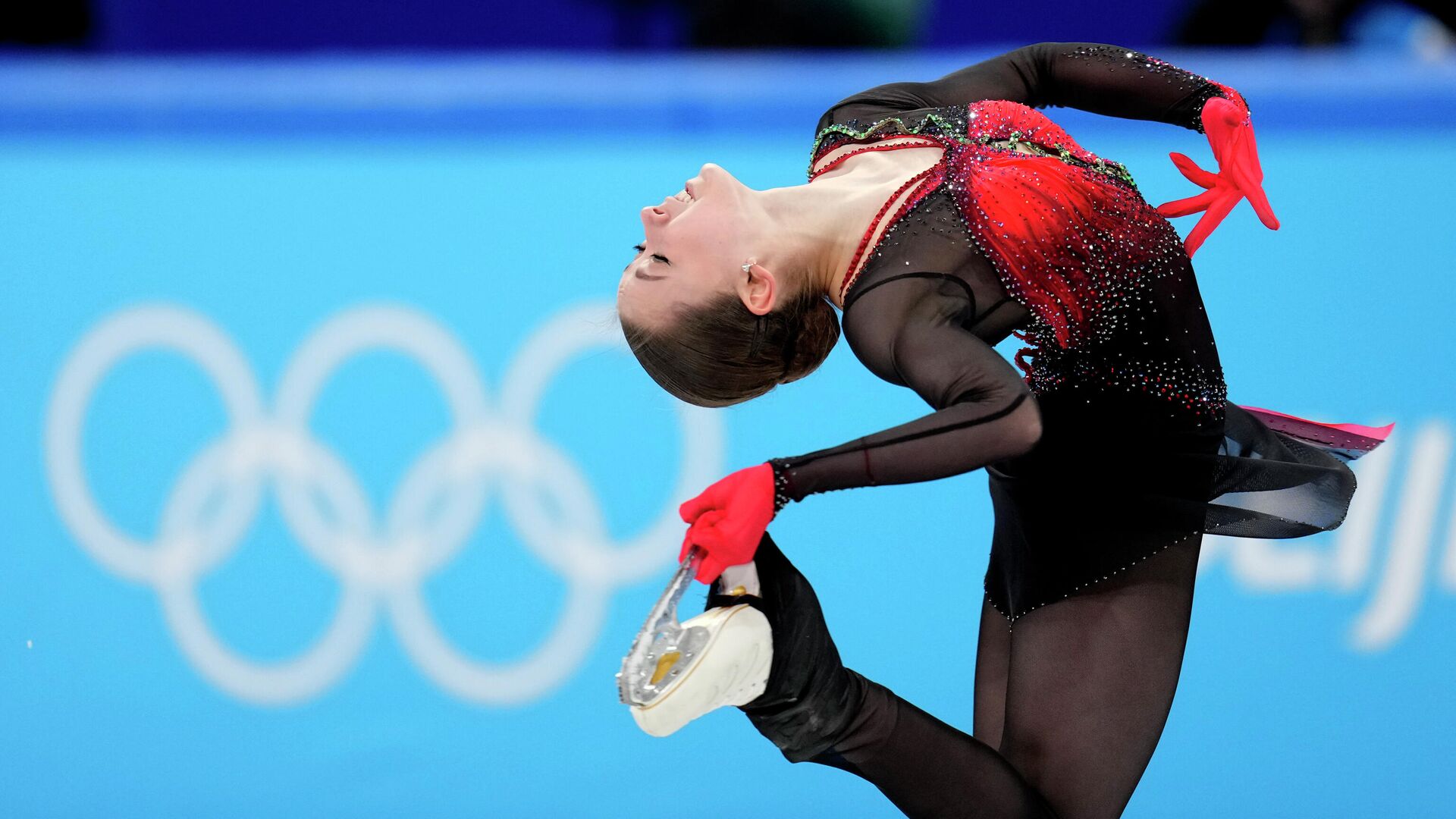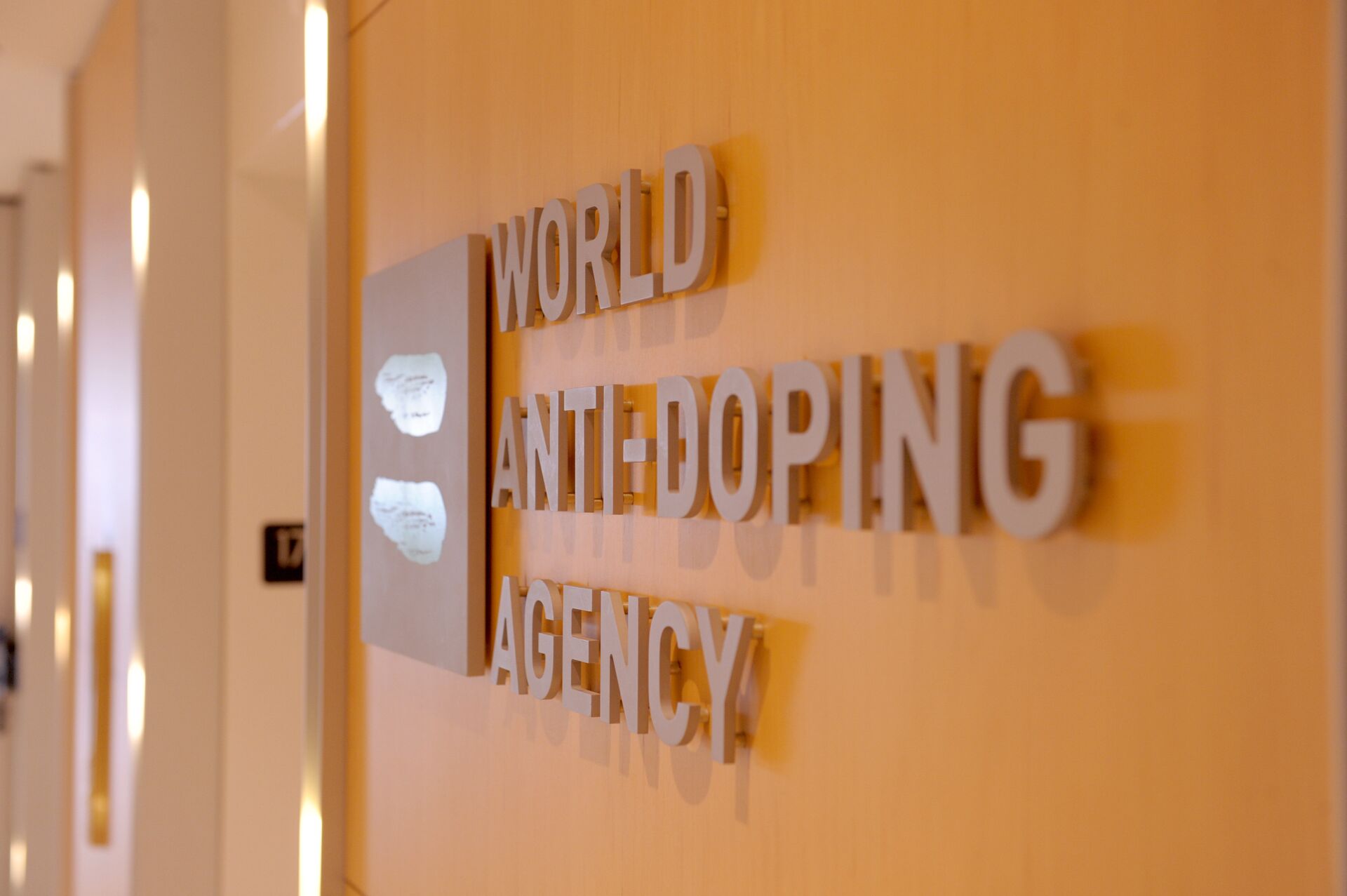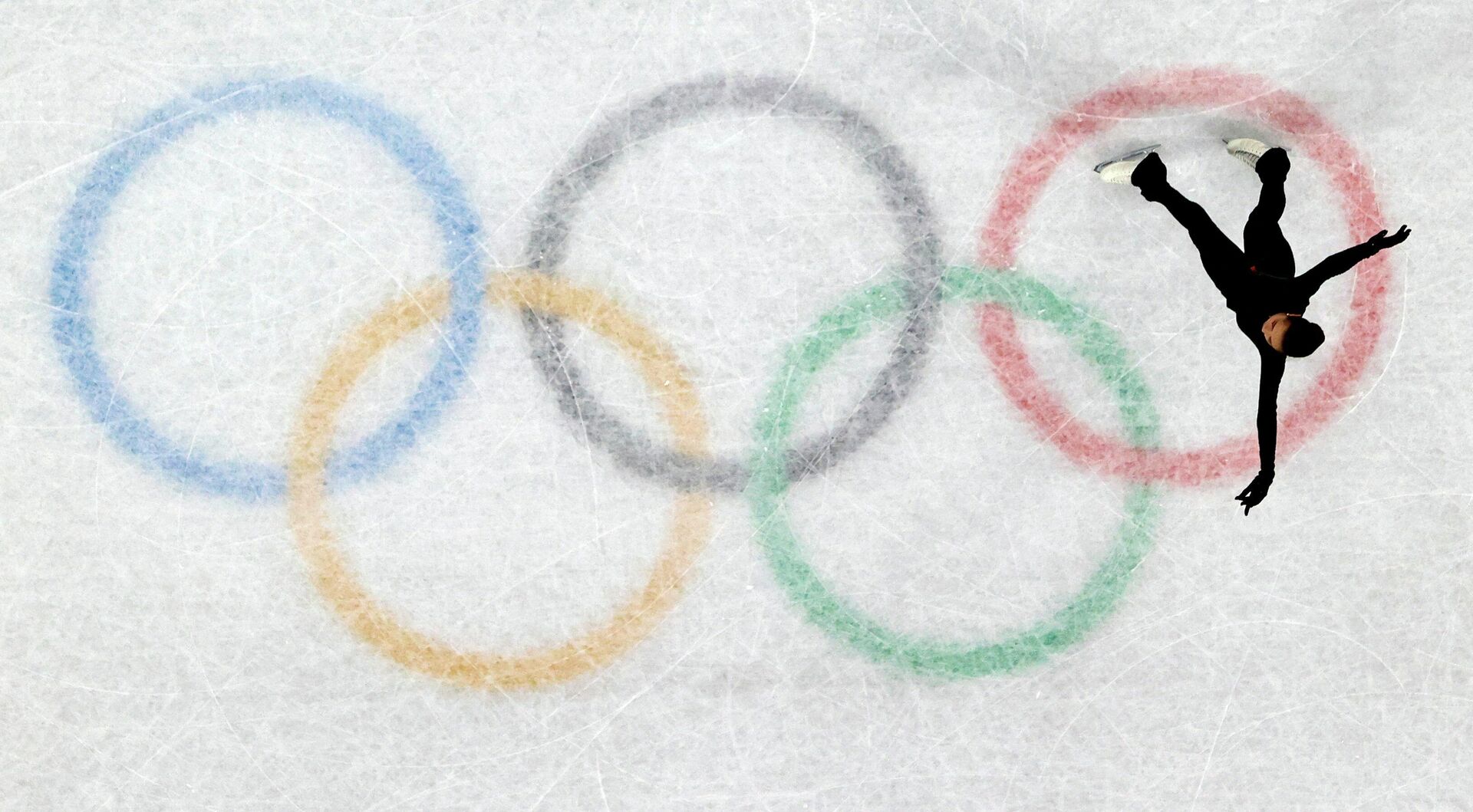Valieva WADA Test: Sports & Anti-Doping Movement Manipulated for Political Purposes, Journo Says

© AP Photo / Natacha Pisarenko
Subscribe
The World Anti-Doping Agency (WADA) signalled its disappointment with the CAS decision to clear Russian skater Kamila Valieva, with WADA President Witold Banka claiming that Russia's authorities should change the country's doping culture and severely punish potential culprits in Valieva's entourage.
"Some analysts believe the accusations against Russia and Russian athletes are part of the Western hybrid warfare against Russia," says Rick Sterling, a writer and journalist who has written extensively about the doping problem and the Olympic Games. "International sports and the anti-doping movement are being manipulated for political purposes. It is quite possible that US intelligence agencies or their allies are playing some dirty games".
In its ruling, the Court of Arbitration for Sport (CAS) specifically singled out WADA's "serious issues of untimely notification" of the results of Russian teenage skater Valieva's anti-doping test that was performed in December 2021. Typically, the WADA laboratory should report results for an athlete's "sample A" within 20 days. In the case of Valieva, it took a whopping 45 days for the WADA-accredited laboratory at Karolinska University Hospital in Stockholm to make the test. According to the CAS, the unusual delay "impinged upon the athlete’s ability to establish certain legal requirements for her benefit, while such late notification was not her fault, in the middle of the Olympic Winter Games Beijing 2022".
The anti-doping agency presented several explanations for the delay. According to WADA, the surge in the COVID pandemic had inhibited the Stockholm laboratory's ability to produce the results in a timely manner. WADA also claimed in an official statement that the Russian Anti-Doping Agency (RUSADA) had not flagged Kamila Valieva's sample as a priority. "This meant the laboratory did not know how to fast-track the analysis of this sample", the agency's statement said.

Picture of the logo of World Anti-Doping Agency (WADA) taken on September 20, 2016 at the headquarter of the organisation in Montreal.
© AFP 2023 / Marc Braibant
RUSADA countered WADA's explanation by saying that despite being struck by the pandemic, the Stockholm laboratory named the end of January 2022 as the deadline for the completion of Valieva's anti-doping test. Also in January, the laboratory informed RUSADA that the analysis would be performed as a priority. "However, an Adverse Analytical Finding report was submitted on 7 February 2022", the RUSADA statement reads.
Before any inquiry into Valieva's "positive" anti-doping test was completed, WADA President Witold Banka issued a strong statement urging the Russian government to reconsider the country's doping culture.
"The doping of children is evil and unforgivable, and the doctors, coaches and other support personnel who are found to have provided performance-enhancing drugs to minors should be banned for life, and personally I also think that they should be in prison", Banka tweeted on 14 February.
Inside the Games – a British outlet media that unmasked the Russian teenage athlete – was the first who reported that the banned substance found in Valieva's "A sample" was not performance-enhancing. The banned substance trimetazidine (TMZ), which caused the Russian figure skating doping test failure, could be from a contaminated glass of water that bore traces of her grandfather’s heart medication, a member of the International Olympic Committee (IOC) Denis Oswald said on Tuesday, citing Valieva's team.
"In Western media there is an assumption of guilt even when there is little or no evidence", says Rick Sterling. "For example, in this case it makes no sense that Kamila Valieva would knowingly take trimetazidine. It is a banned drug that everyone knows about. But the media in the West does not look at this reality. They assume guilt. They do not ask who might benefit from this incident".
Earlier, on Friday, Travis Tygart, head of the US Anti-Doping Agency (USADA), told Reuters that US prosecutors could soon bring charges against Valieva’s coaches under the Rodchenkov Anti-Doping Act (RADA).
The unfolding media fuss around the Valieva case coincides with the expiration of Russia's WADA ban on 16 December 2022. On 9 December 2019, WADA voted to ban Russia from participating in and hosting any major sporting events for four years as punishment for what it said were serious manipulations and deletions of data in athlete test results under WADA investigation. Moscow called WADA's decision to remove Russia from international sports inconsistent with common sense and law as well as bearing a political connotation. Following Russia's appeal, the CAS in December 2020 cut the suspension to two years, allowing Russian athletes to compete at next year's Olympics and the 2022 World Cup as well as to wear red shirts with the word Russia on them.

2022 Beijing Olympics - Figure Skating - Training - Capital Indoor Stadium, Beijing, China - February 13, 2022. Kamila Valieva of the Russian Olympic Committee during training.
© REUTERS / Evgenia Novozhenina
As the expiration of the ban nears, WADA President Witold Banka stated on 2 February 2022 that Russia should not assume the agency's sanctions will be automatically lifted when its suspension is completed at the end of year and did not rule out that the ban will be extended.
"I think it is too early to say I am happy and the chapter is closed. Let's wait, this is an ongoing process", Banka told Reuters. "So far they are doing it, we are in close contact with them. They strictly follow our rules but as I said this is an ongoing process, this is not the end of this chapter".
The ongoing prejudice against Russia is happening because "the US is in decline and trying desperately to undermine Russia and China any way it can", according to Sterling.
"The media and politicians in the West are thoroughly biased and even well-meaning people have been deceived. They don't know the facts. They believe the propaganda", the journalist concludes.

